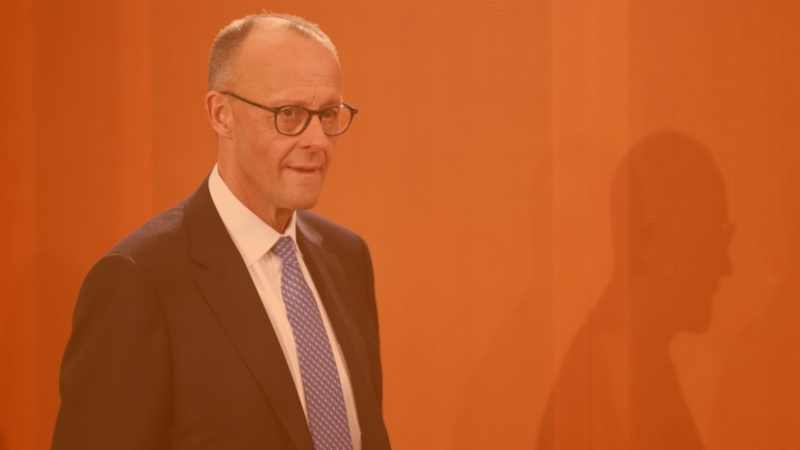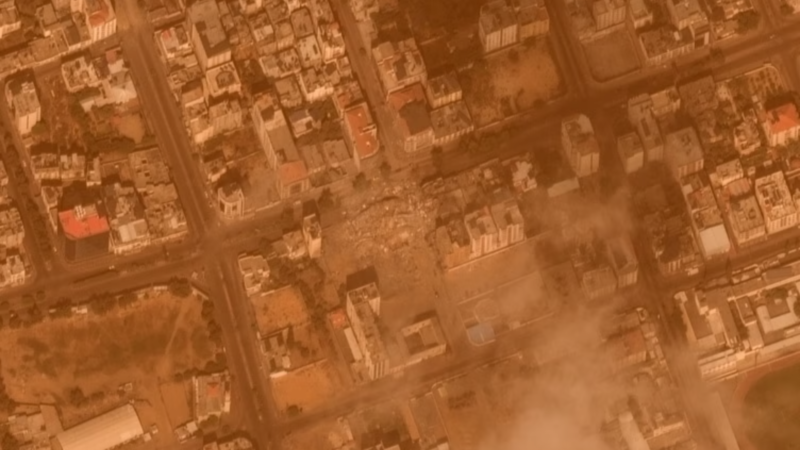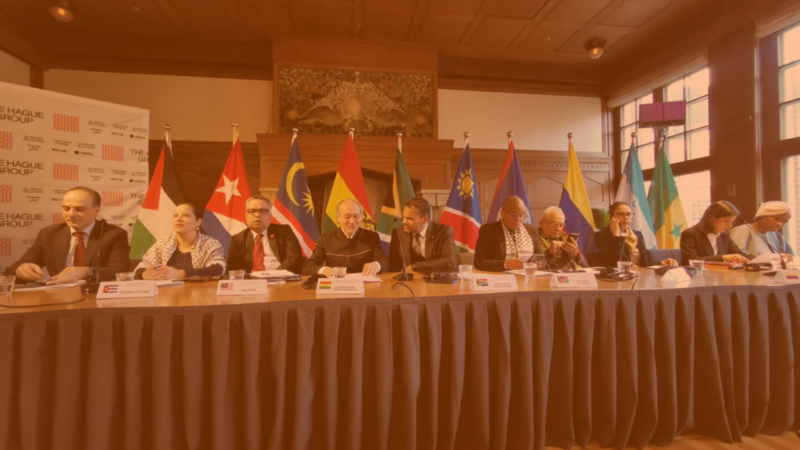A move to the right, further to the right, even to its extreme and a strong punch in the stomach for the aspirations of progressives. This sums up our reaction to yesterday’s Austrian election results. If anyone was thinking that the ghosts of nationalism, euro-scepticism and financial conservatism had been tamed, they should probably reconsider.
Before bewildering ourselves with terms like right-left, let’s recall the political legacy of the ÖVP-FPÖ (Austrian Peoples Party with Freedom Party of Austria) alliance, when they were leading the Austrian Nationalrat last time round, in 2000.
It is worth remembering that, then as now, when an ÖVP-SPÖ split in Parliament led to yesterday’s inevitable elections, this coalition came into being after a failure in negotiations with the socialists (SPÖ).
Then, as well as now, immigration policies played a crucial role in the political agenda. In 2000, after having granted political asylum to more than 90,000 Bosnians, fleeing from the bloody war at home, popular discontent went through the roof. This created the political vacuum and opportunity for the notorious FPÖ leader at that time, Jörg Haider, to push for a stricter and tighter immigration control.
In terms of the economy, “Mehr privat, weniger Staat” (More for the private sector, less for the state) was the mantra of those times. Any public stake in Austria’s commanding heights, such as Austria Tabak, VOEST or Telekom, had to be “liberalized”. As a result, by more or less obscure routes and to a greater or lesser extent, these companies became politically clientelist. And behind the scenes there began to form what was probably one of the biggest corruption scandals in Austrian post-war history: the Eurofighter affair. This was finally exposed and this year, the Austrian state managed to prosecute Airbus, and committed itself to replacing them by 2020.
When it comes to education policies, 2001 saw the introduction of a highly controversial tuition fee for universities, which was finally abolished in 2008.
All in all, Austria, as a mediator between West and East, between Central Europe and the Balkans, plays a very important role in mirroring emerging trends in Europe. Voter results should be a wake-up call for progressive movements, like DiEM25, to push harder and stronger for their positions.
Bogdan is a member of DSC Bucharest, but also a humble engineer living in Munich. His main points of interest are socio-political issues of South-East Europe, as well as promoting DiEM25 there.
Do you want to be informed of DiEM25's actions? Sign up here















